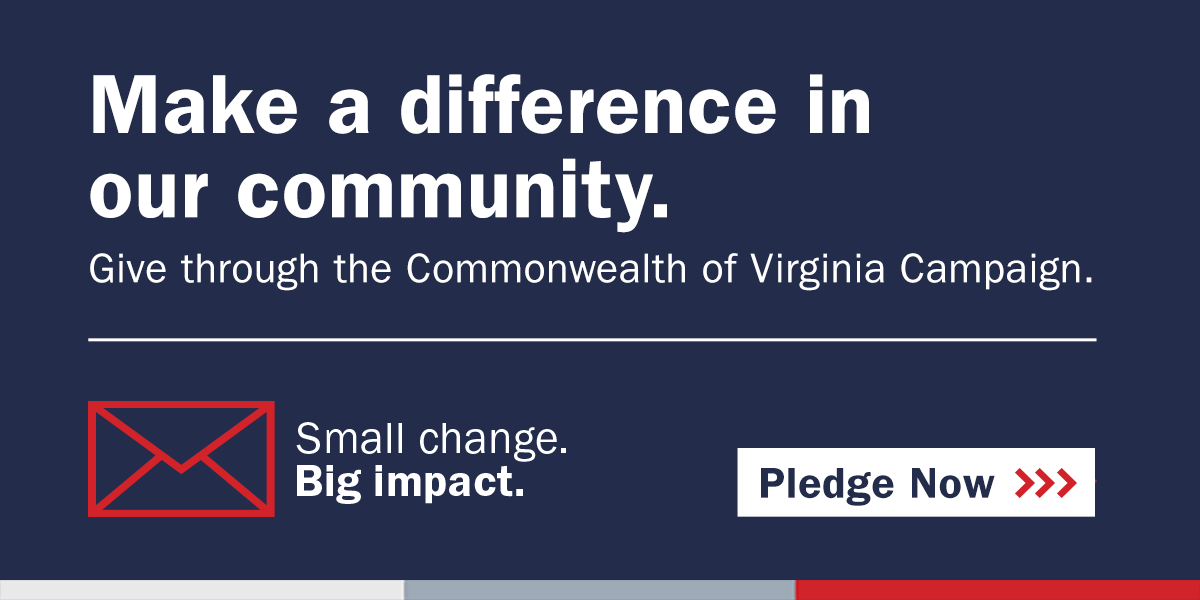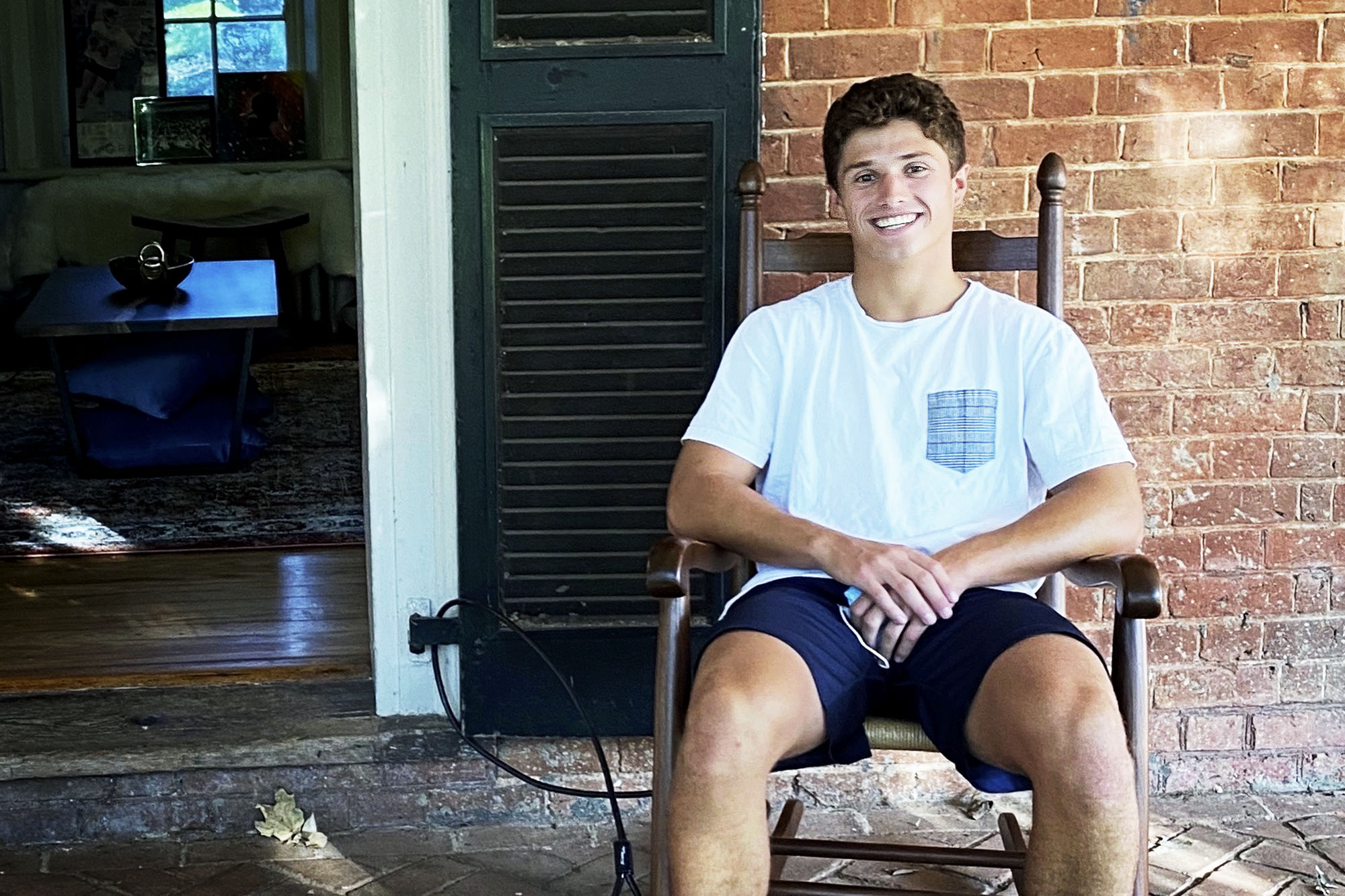Jackson Appelt – an Echols Scholar at the University of Virginia, varsity lacrosse player and fourth-year pre-med student with an interest in immunology and oncology medicine – loves research and problem-solving. But most of all, he loves the opportunity to make a transformative, meaningful impact in the lives of others.
He has participated in student mental health programs as an undergraduate, and this semester is leading a two-credit seminar of his own creation, “Resilience and Authenticity for the Young Adult.”
Appelt said that the interdisciplinary and collaborative nature of his undergraduate learning and research experiences, and now guiding fellow students through a mental-health-based, self-actualization course, has made him “excited for the deep and meaningful relationship aspect of medicine.” He plans to pursue a public health and relationship-based approach to changing physical and mental health on a large scale, he said.
“Jackson’s passion for helping people is like an aura around him,” astronomy professor Kelsey Johnson, director of the Echols Scholars Program, and Appelt’s faculty adviser, said. “Getting to work with students like Jackson is a source of deep joy, and renews my faith that this generation is going to make the world a better place.”
Here, Appelt discusses the many aspects of the seminar he developed and leads.
Q. What do you mean by resilience and authenticity?
A. This course is an exploration into the process of collaborative self-actualization for young adults. It is based on the question, “What could happen when college-age students are given an environment where they can be honest, vulnerable and authentic, supporting each other on a journey of self-discovery?”
In a time and place in our lives where so much of our self-esteem and life satisfaction is commonly dictated by external factors, this course is an attempt to inspire the belief in a few amazingly unique individuals that they can be proud to express who they truly are.
This is the first core concept in our experience: authenticity. One of the essential questions we ask ourselves is “Are you enough?” In this class, we have aimed to create a family of people who surround each other with a sense of belonging, admiration, support and unconditional love, which we hope will serve as a constant reminder that “Yes, we are enough.”
One activity we have done is writing and mailing anonymous letters of affirmation to each other, for each of us to hold and be reminded of our own value and meaning to those who truly love and understand us.

In our first few months, we as a class have realized that being authentic requires more than just having the courage to express yourself, but in learning to discover who you really are. This process of self-reflection and introspection is one that all young adults experience at one point or another, including each of the students in this course.
Most of us do realize that taking the courage to work on ourselves and reflect is beautiful and amazing, but we have also experienced the hardship and pain that comes with failure and disappointment. This makes the process scary, daunting and often quite isolating. Yet, in this class, we have aimed to help each other work through the question, “Why is this process worth it?” Are we content living a comfortable life, to play it safe, to never dare to dream and explore who we are? Or do we have the courage to learn what it is like to be uncomfortable, to fail and get back up, again and again, knowing that there may not be an end in sight to our successive hardships, but learning along the way to enjoy the process and feel stronger every time.
This is the second core concept in our experience: resiliency.
Q. What is the “authentic self?”
A. For young adults, in a time in our life where our identity and purpose are uncertain, there is significant pressure on all of us to live up to an image of who we are “supposed to be.” We flood our internal dialogue with judgement, pressure and expectations to be perfect or outstanding. We criticize ourselves for not doing enough, being enough, or doing things a certain way.
In our class, we often talk about this phenomenon as having a case of the “shouldas” (“I shoulda done more. I shoulda done better. I shoulda tried harder”). Fighting with these thoughts is a battle we all actively experience throughout our lives, and one that is rarely satisfied. This self-criticism is a complex construct, formed both by the world we live in, convincing us that we need to both conform to norms and perform to expectations, but even more so something that we impose on ourselves. We all become our harshest critics.
In thinking about this dynamic, we have attempted to step back from what we do and try to understand why we do it. Initially, we discussed the idea of what was important to us, but soon developed a collective sentiment that the word “important” automatically implied some sort of externally driven approval or validation. So, we searched for a word or mantra to describe our sense of purpose and identity, but to do so from an intrinsic perspective, which led us to the third, unforeseen core concept of our experience: meaning.
In discussing what it means to live a life of meaning, we have talked about the value of unconditional support to the people that we love and care about, including within the unique family we have formed. In doing this, we have learned to give ourselves permission to treat ourselves in the same way we would treat those we care about; and to let go of the prospect of becoming who we are “supposed to be.” By realizing that everybody, including ourselves, is deserving of unconditional love, we begin to rediscover the pride in who we already are, along with hope for becoming who we are meant to be.
Q. Why did you develop this course?
A. Somehow, hardship in isolation has become the model that young students feel they must aspire toward: the model student-athlete is glorified for conducting grueling work alone on a field in the off hours; the model academic spends hours at night tucked away in the library looking to achieve the grades that will bump the GPA or land the highly touted job or internship. The mature young adult manages to “suck it up” rather than tell others how they are feeling. The tendency to hide behind a veneer of toughness contributes to a culture in which we young adults feel as if we must persist through and internalize our issues independently without seeking help, leaving us isolated and struggling.

A varsity lacrosse player and pre-med student, Appelt said he felt pressure to work though his setbacks on his own. (Photo by Matt Riley, UVA Athletics)
Throughout my college experience, it has become clear how widespread this dangerous stigma is for individuals in our age and situation, particularly at UVA, where so many people seek high levels of achievement. In this class, the mantra of resiliency is not to be confused with toughness, which is a widely admired trait in our culture that glorifies individuals who are able to withstand adversity in isolation. In reflection and awareness of this stigma, we have decided to build our class on a completely contradictory philosophy, based on the power of connection with others. We have attempted to embrace that we are strongest when supported by those who love and understand us, and that resilience comes in not in the nobility to endure our hardships alone, but in the courage to embrace them collectively.
Thinking of the larger dynamic of student mental health at UVA, our hope and goal is that this class will serve as the centerpiece for a larger movement to fundamentally change the student mental health culture at UVA. In reflecting on what our experience has been like to discover and express who we are, we have been applying our reflections toward creating a framework for the development and self-actualization of young adults.
This effort will be a way for us to transcend toward a purpose greater than ourselves and gift other students like us with the amazing opportunity we have been fortunate enough to have had this semester. Our goal is to ensure that this mental health programming, aimed at fostering a process of self-exploration through peer-to-peer connections, is expanded to as many students as possible.
Included in this effort will be a recommendation to UVA administration, including this framework, on how to reform and expand their mental health programming. As part of this proposal, we also hope it will lead to the establishment of a new minor at UVA: Self and Community Actualization, to train a new generation of young student leaders who can serve as continuous advocates to improve the lives of their fellow students, covering several socio-cultural movements on college campuses, such as mental health, relationship violence and social justice.
Q. How has the pandemic affected or altered your course content?
A. For so long I had looked forward to building this experience in an intimate setting, and worried that the experience might not be as genuine or emotionally moving through a computer.
Two months later, I am quite thrilled to say I could not have been more wrong. I am so proud of how our class has managed to handle this situation, and impressed at how present, insightful and enthusiastic everyone comes to class each and every day.
Ironically, forming such deep and meaningful relationships over Zoom has made it that much more exciting on the occasions we get to see each other in person. One of my favorite moments all fall was on my 21st birthday, when I left my room to find everybody standing outside my door with balloons, streamers and a “Happy Birthday” sign, or when we were able to surprise one of our other classmates and visit him following his ACL surgery. In these moments, you get to feel the level of connection, care and love we have developed for each other in such a short time.
At this point, I don’t believe any of us view this experience as a class anymore. As crazy as it sounds, it really has become a family. These are deep, meaningful and unbreakable relationships that I have full confidence will continue for a long, long time.
Q. What do you expect your fellow students to gain from the course?
A. We all joined this class and this family because we had the common goal to find ourselves. But, inherently, the courage to find ourselves comes with the easily held misconception that one day we will have everything all figured out. Often, our impatience makes us hope that day will come very soon.
When we climb obstacle after obstacle, we wonder why hardship does not seem to get easier. When we try to discover who we are, we frequently find ourselves getting more questions than answers. This can leave us tired, defeated and lost. But in this class, we have always tried to embrace what we don’t know, rather than judge ourselves for it.
To explore this, we have spent a handful of class sessions assembling a list of what we call “triggers and mantras” – triggers being thoughts or feelings that put us in a mindset of stress and judgment, such as anxiety, loneliness, performance, etc., and mantras being those things that provide or describe when we are most fulfilled, at peace and full of purpose, such as acceptance, belonging and vulnerability.
Discussing these triggers and mantras has allowed us to reflect on the way we see ourselves and understand our emotions in both our best and worst moments, when things seem most confusing. They help remind us that it is OK to not be OK, but also know that we are all deserving and capable of peace, self-worth and fulfillment. In letting go of the idea that we will one day “figure it all out,” we have been able to accept and embrace the moments where we are most uncertain and turn them into the moments we learn most about ourselves.
Furthermore, the opening quote of one of our readings for the semester, “Mind Platter” by Najwa Zebia, is: “No one can walk your journey for you, only you can do that. No one can dream for you, only you can do that.” We have realized that while we can watch all the TED talks or read all the books on self-help in the world, only we can climb our mountains for ourselves. This is something we have all taken quite to heart and has summarized the courage and skill we are continuously developing to learn more about who we are and who we want to be.
In this family we have a very unique group of people who support each other unconditionally in our individual journeys, reminding each other to keep going when things seem hard or uncertain. This highlights another core concept of our class, and what we believe is a key component of self-actualization for young adults: self-transcendence – commitment to something greater than ourselves.
My hope is that all of us can look back on this experience as a reminder that we are all deserving of that unconditional support, and also recognize the special power we have in gifting it to others.
Q. How have your own experiences informed your approach to the class?
A. None of this amazing opportunity would have come about if it were not for my own experience. I’ve spent what seems like my whole college career trying to “figure out” myself and what place or purpose I had in every aspect of my life.
Whether it was in lacrosse playing for the UVA varsity team, or in my academic pursuits as a pre-medical student, the beginning of my college career was filled with many big dreams, but also devastating setbacks. I’ve dealt with repetitive injury, anxiety, loneliness and a struggle to find a sense of purpose and belonging.
In the beginning of these hardships, I adopted the common type of thinking that we talk so much about in our class; thinking I needed to tough through these things and figure them out alone. However, when I was at my low, I can point to several specific moments where the people in my life each played their own integral part in lifting me back up. This is when I began to find the courage to reflect more on myself, to work through my emotions rather than fearing them, and to learn to appreciate the cathartic power of vulnerability.
Seeing these feelings experienced more and more by fellow students, I realized just how similar our experiences and limiting beliefs about ourselves really are. Consequently, I was driven to explore creating an environment for other students to realize these same things together.
Initially, I spent months structuring this class with different activities and ideas that I thought would be beneficial. However, it has been so incredible to see every person in the class take equal ownership in our experience and build something really special. It has become clear that this class has grown into something completely organic, authentic and genuine, which I could not be more grateful for. I am so thankful for this family.
Media Contact
Article Information
November 20, 2020
/content/time-darkness-student-helping-his-peers-find-their-authentic-selves

